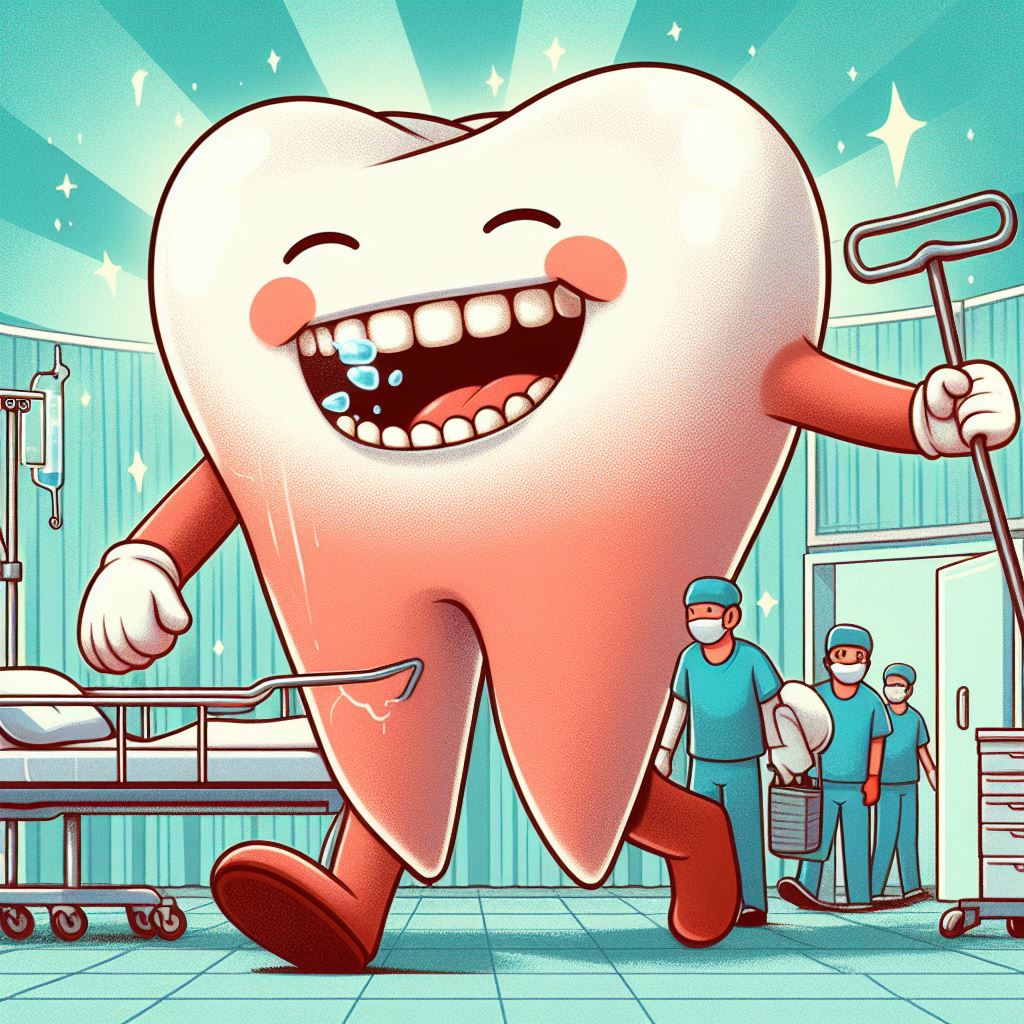The Lamen
Daily brushing of teeth could save numerous lives in the ICU

Regular brushing of teeth in intensive care units can save several patients from death due to hospital-acquired pneumonia.
Image: Generated with Bing AI
Daily toothbrushing among intensive-care patients could be a live-saver — lowering the risk of hospital-acquired pneumonia and ICU mortality, according to a new analysis.
● THE NEWS
Published in JAMA Internal Medicine, the review of 15 clinical trials found that daily toothbrushing was associated with a 33 percent lower risk of hospital-acquired pneumonia among patients on ventilators.
- It was also associated with a 20 percent lower mortality rate for intensive care patients, shorter stays in the ICU, and one less day on the ventilator.
- While the researchers hope that the protective effect of daily toothbrushing extends to non-ICU patients, they note that the subject requires research.
“It’s rare in the world of hospital preventative medicine to find something like this that is both effective and cheap,” said Michael Klompas, corresponding author and infectious disease physician.
● WHY IT MATTERS
Poor oral care in a clinical setting is associated with infections, including hospital-acquired pneumonia — one of the most common and severe healthcare-acquired infections.
- Nosocomial pneumonia or hospital-acquired pneumonia affects an estimated 10 to 20 percent of patients on ventilators in intensive care units.
- Moreover, 90 percent of HAP episodes occur in mechanically ventilated intensive care patients.
- The infection is typically acquired when oral microorganisms enter the lungs — such as when saliva enters the patients’ airways.
● THE STATE OF PLAY
Maintenance of oral hygiene in intensive care units often falls upon the nursing staff — often implemented unsatisfactorily due to inadequate resources, lack of training, and time shortage.
- Several hospitals used foam swabs as an alternative to toothbrushes, but have been found ineffective in plaque removal when compared to toothbrushing.
- Chlorohexidine mouthwashes — widely used in critically hospitalized patients — have been linked to increased risk of mortality.
- Poor oral health has also been associated with diabetes and a more severe COVID-19 infection.
The Centers for Disease Control and Prevention’s Oral Health Toolkit highlights that oral care should be provided at least twice every day with basic oral care products, including:
- toothbrush with soft bristles
- appropriate toothpaste (fluoride-containing, desensitizing, non-foaming)
- alcohol-free antiseptic mouthwash
- petroleum-free lip moisturizer
- basin/sink for the patient
“Instead of a new device or drug, our study indicates that something as simple as brushing teeth can make a big difference,” Klompas said. These findings could help emphasize the implementation of policies promoting a rigorous oral health routine for hospitalized patients, he added.